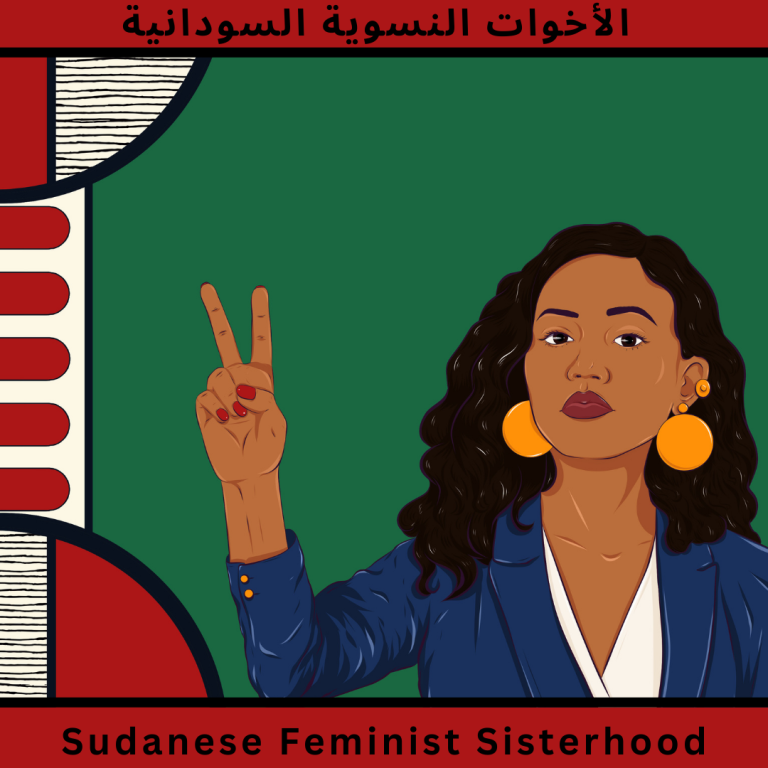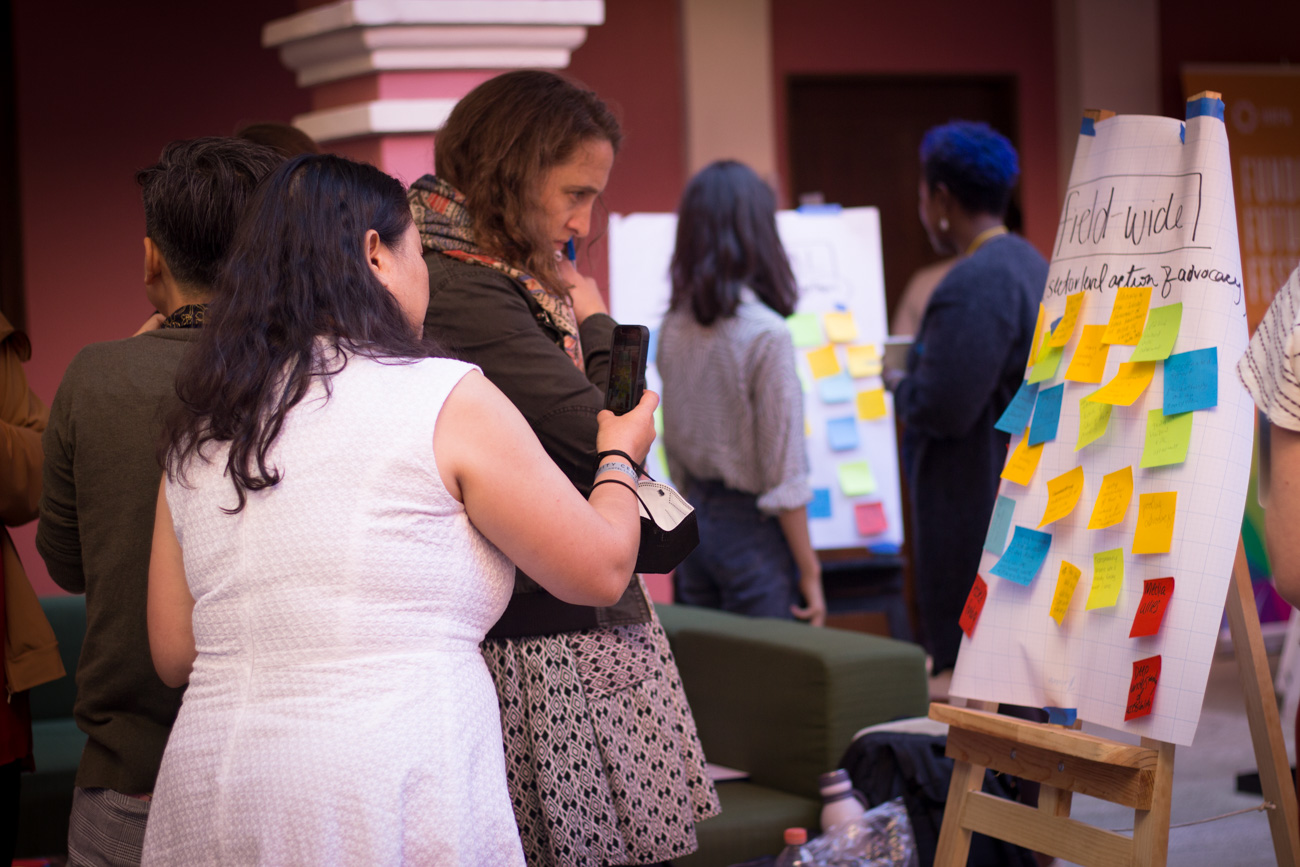By Alli Jernow (Director of the Sexual Orientation and Gender Identity Program) and Lesley Carson (Director of the International Human Rights Program) at Wellspring Philanthropic Fund, published August 2, 2019
In December 2011, U.S. Secretary of State Hilary Clinton announced that LGBT rights would be a cornerstone of U.S. foreign policy. Speaking at the Human Rights Council in Geneva, she declared that “LGBT rights are human rights.” In the audience that night, I found myself deeply moved, not just by her words, which I fervently believed, but by others’ reactions. Ambassadors, even those from countries hostile to LGBTQ rights, gathered around the Secretary for photo ops, nodding in agreement and repeating the phrase. One speech by one person does not a revolution make, but the impact of her words was undeniable.
Secretary Clinton was just one of many global leaders who endorsed the understanding that human rights encompass the rights of LGBTQ people. Over many years, LGBT activists and their allies had sought acknowledgment and redress for gross human rights violations via UN human rights mechanisms, from treaty bodies to the Universal Periodic Review to Human Rights Council resolutions. Too often barred from advocating before their own governments, they asserted their rights in Geneva. Secretary Clinton’s speech that night was an important step forward on the path towards a world where everyone is equal in dignity and rights – simply by virtue of being born human.
Flash forward nine years and in July 2019, U.S. Secretary of State Mike Pompeo announced the formation of a “Commission on Unalienable Rights.” According to the Federal Register, the purpose of this “advisory committee” is to “provide fresh thinking about human rights discourse where such discourse has departed from our nation’s founding principles of natural law and natural rights” (emphasis added).
While the words might seem innocuous, the intended impact is not. This Administration has appointed conservative historians, scholars and law professors, some of whom staunchly oppose marriage equality, and others who contest reproductive rights and bodily autonomy, to serve on this advisory body. The well-documented extremist views of the Commission’s members suggest its intent to roll back the rights of women and LGBTQ people in particular.
“Unalienable Rights” is, of course, a direct echo of the Declaration of Independence. The white men who drafted the Declaration of Independence in 1776 believed that such rights came from divine authority – that men were “endowed by their Creator” with such rights.
In an Op-ed for the Wall Street Journal, Secretary Pompeo made plain his desire for a return to an earlier conception of rights. “[A]fter the Cold War ended, many human-rights advocates turned their energy to new categories of rights. These rights often sound noble and just. But when politicians and bureaucrats create new rights, they blur the distinction between unalienable rights and ad hoc rights granted by governments. . . The commission’s mission isn’t to discover new principles but to ground our discussion of human rights in America’s founding principles.”
This false argument about the “good old days” counters the very essence of the universality of human rights for all – which roots dignity and respect in our shared humanity. Simply put, human rights principles and the international bodies designed to protect them are under assault.
After all, this is an Administration that has re-introduced and expanded the Global Gag Rule prohibiting organizations that receive U.S. government funding from providing legal abortions or referrals. This is an Administration that has attempted to delete references to sexual and reproductive health and rights from international documents. This is an Administration that barred its embassies and consulates from displaying rainbow flags or mentioning Pride. This is an Administration that has embraced regimes with track records of gross human rights violations, failed to re-appoint US experts to UN treaty bodies, and withdrawn its membership in the United Nations Human Rights Council.
As a funder of international human rights, including LGBT rights, racial equality, women’s rights, the rights of people with disabilities, and reproductive rights, we know that international human rights law matters less because it is law than because it reflects our moral values, shaping individual and State conduct. Courts around the world, from Belize to Botswana, have recognized the humanity of LGBT people, based on international human rights law. Secretary Pompeo’s nostalgia for “founding principles” would deny that humanity and threaten the advances in equality made by so many people who were invisible to the Founding Fathers. The Commission on Unalienable Rights, with its suggestion that some rights are fundamental and others are “ad hoc” bureaucratic inventions, undermines international human rights law. And this, no doubt, is its intent.
Words matter. Secretary Clinton’s words mattered in December 2011. Unfortunately, so do Secretary Pompeo’s today. Let’s work together to ensure that our actions matter more.
What funders can do

Human rights funders, regardless of issue focus, must recognize the threat the Commission on Unalienable Rights launched by U.S. Secretary of State Mike Pompeo in early July poses to all human rights. We must ensure that civil society has the resources it needs to react swiftly and robustly to disband the Commission and offer a counter-narrative to this assault on rights. Many organizations are taking action, such as Human Rights First, which coordinated a letter to Secretary Pompeo calling for the dissolution of the Commission. Signed by over 160 social justice, human rights, civil liberties, and faith-based organizations, as well as dozens of constitutional and legal scholars and former public officials. The Council for Global Equality, a network of more than 30 human rights organizations dedicated to advancing a foreign policy inclusive of sexual orientation and gender identity, had raised objections to the Commission based on the description in the Federal Register, and linked its concerns to other signs that this Administration intends to elevate a much narrower conception of “rights” that benefit only a few.
Donors can play a key role in this response supporting efforts to address the Commission’s threat:
- In the short run, support cross-movement, aligned or coalition efforts to block the funding and dissemination of the Commission’s so-called “principles.” It is not clear what the Commission will produce or how it will influence State Department, U.S. Government policy, and funding streams. Organizations engaged in DC- based policy advocacy need resources to engage with the media, build support for alternative policies and defend the sanctity of human rights law and values.
- In the long run, support efforts to build strong state and local-based constituencies that call for upholding human rights in U.S. foreign policy. The lack of pressure from state and local constituents on foreign policy has been a challenge for decades, whether focused on armed conflict, foreign aid, or robust leadership on human rights. Congress and the Administration will not reassert strong leadership on human rights issues until an informed public demands it and seats are won or lost based on the positions elected officials take. Organizations such as the ACLU, Council for Global Equality, Friends Committee on National Legislation, Foreign Policy for America, Amnesty International USA, Human Rights First, US Human Rights Network and others are working to mobilize active networks of citizens calling for more robust U.S. foreign policy leadership on human rights. In addition, networks may emerge that need support to ensure that these efforts are coordinated and strong.
With adequate resources and flexibility from funders, I am optimistic that we can work together to support engagement across identities and issue areas to stop the harm this Commission can do, and ensure that our elected officials understand that people in the U.S. have a deep and genuine commitment to human rights at home and abroad.



